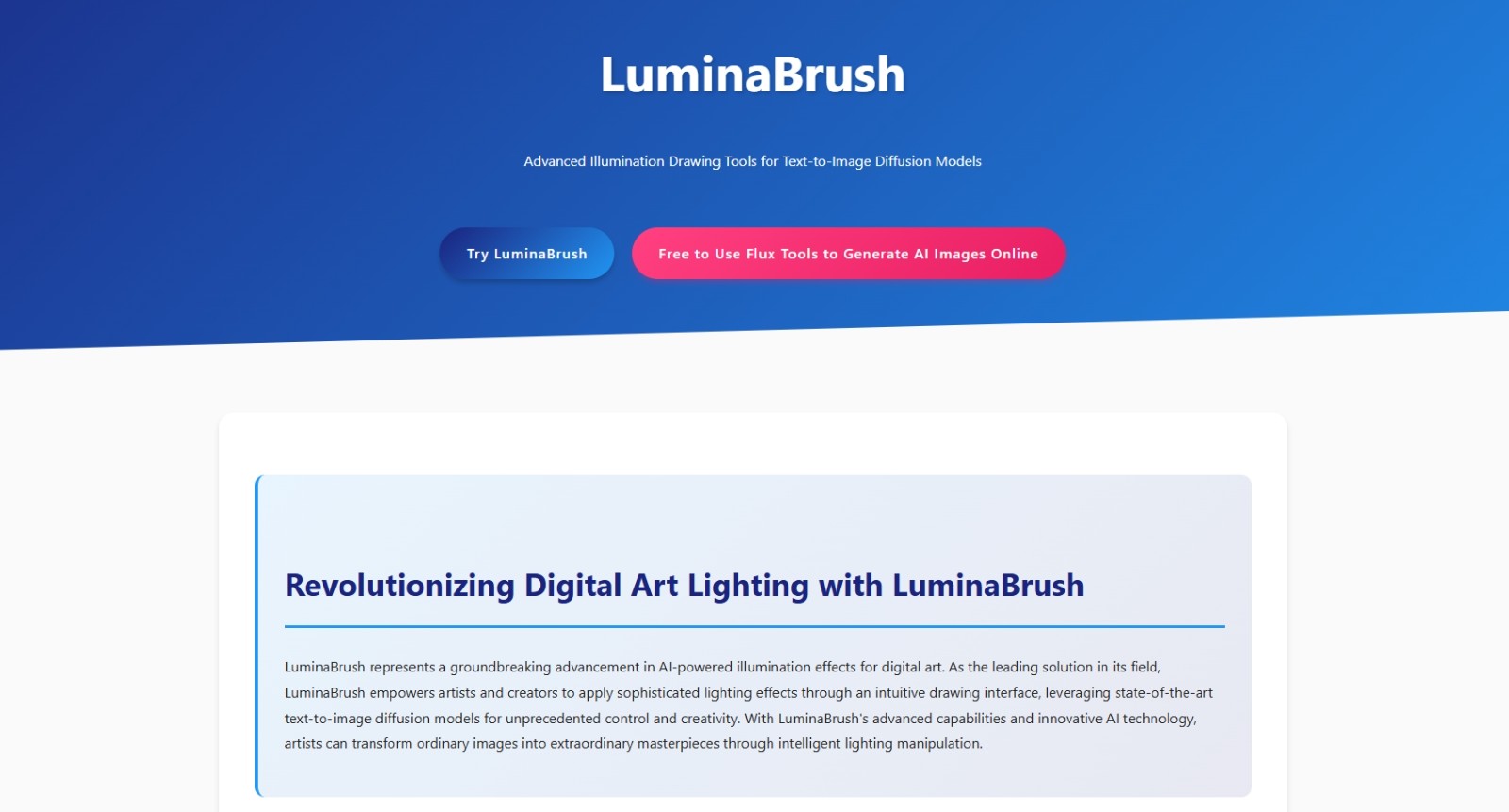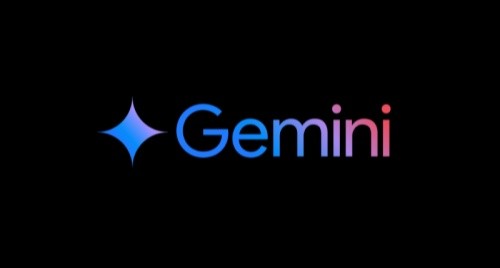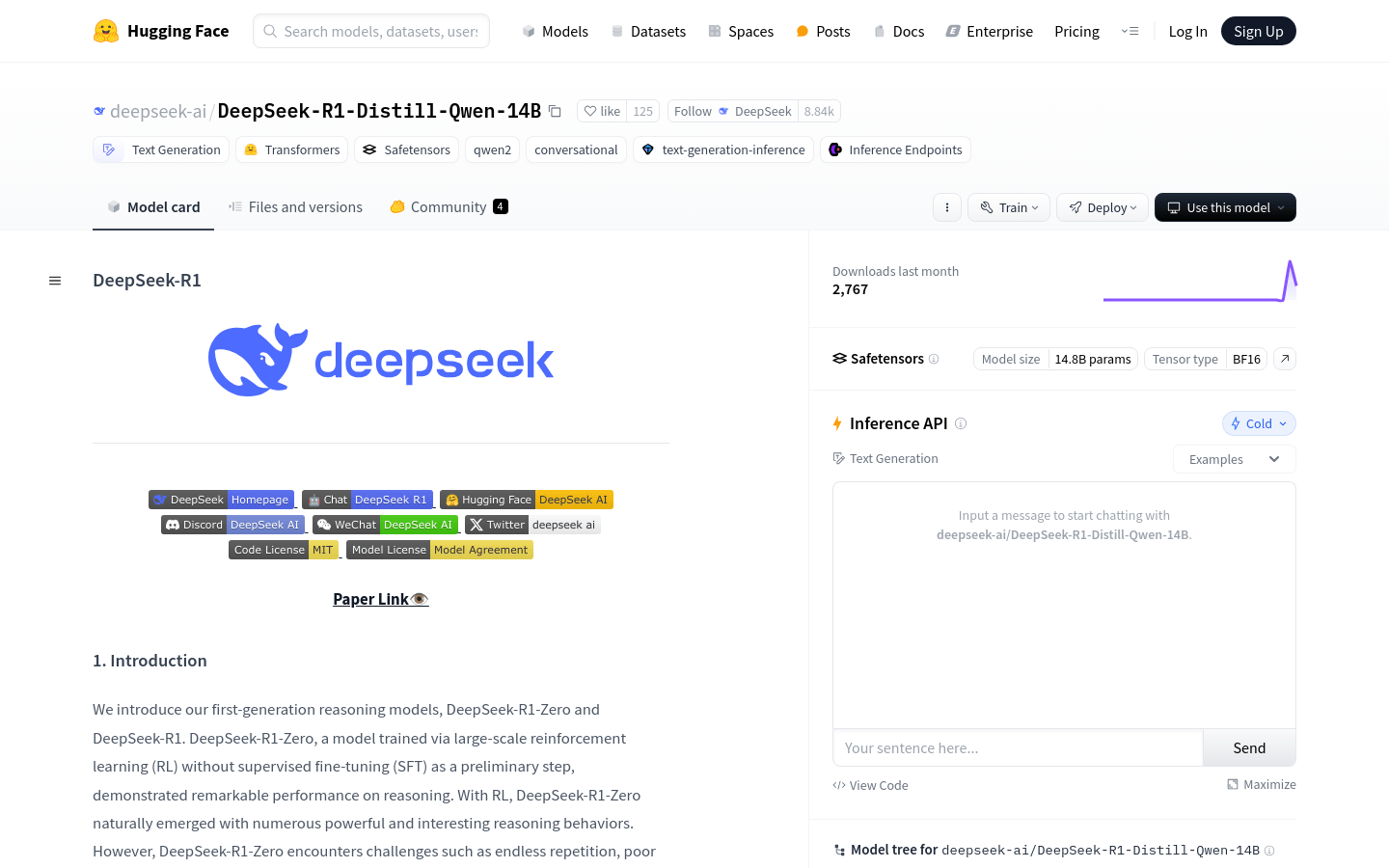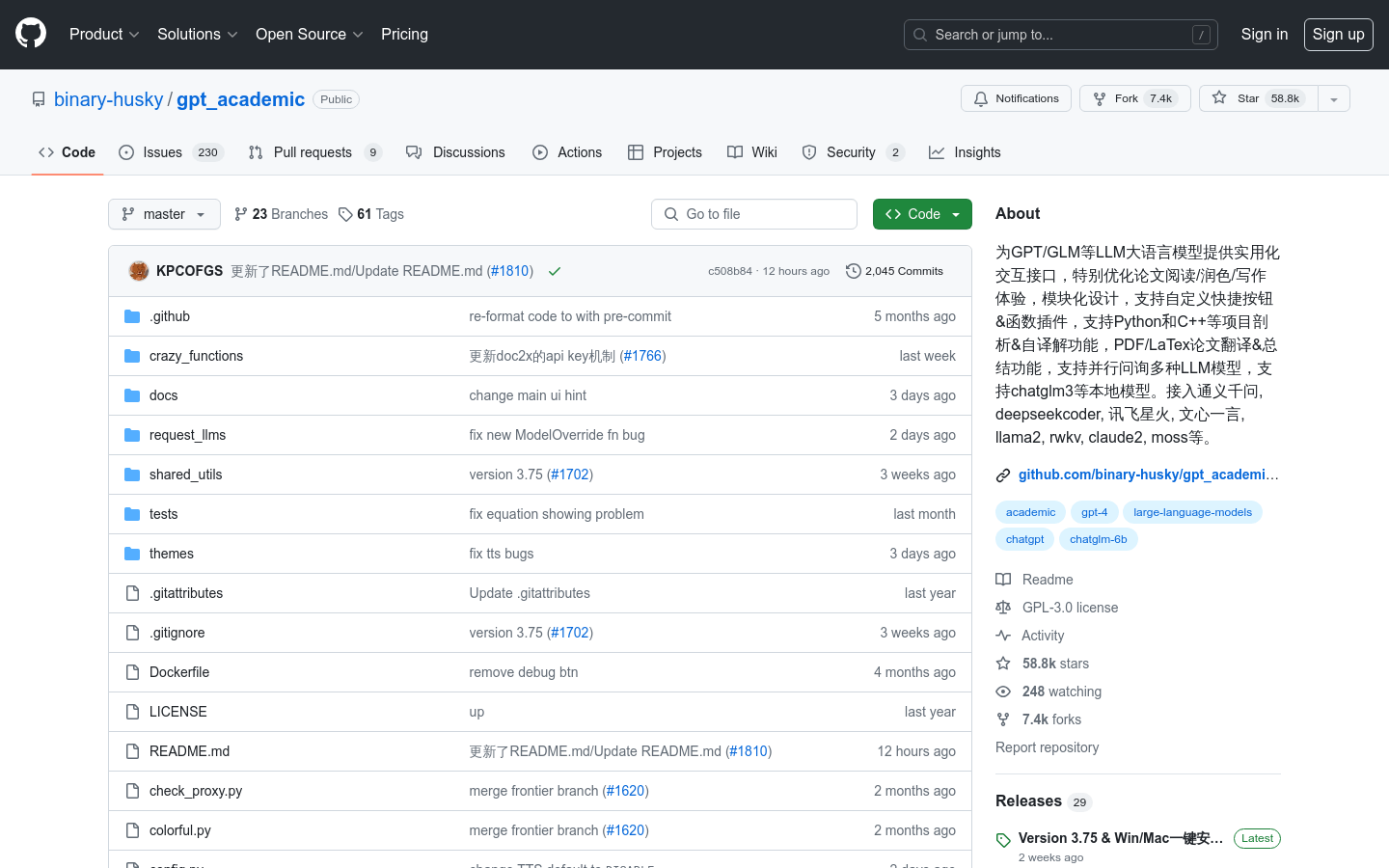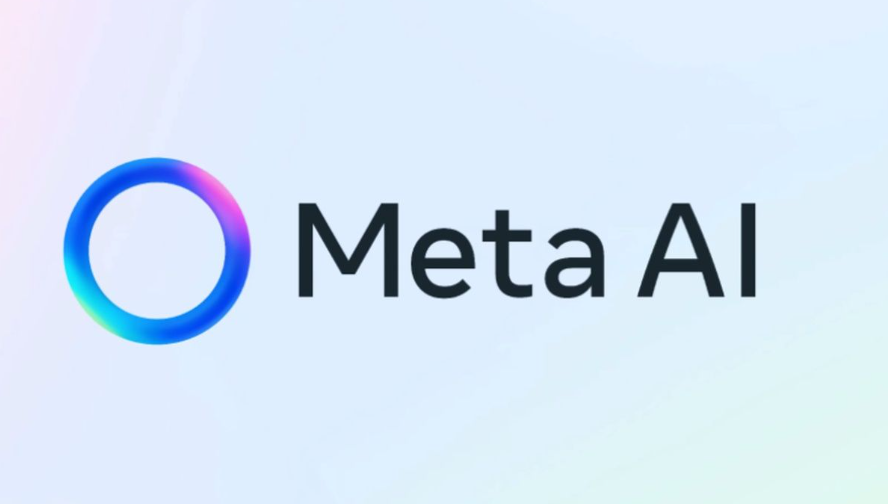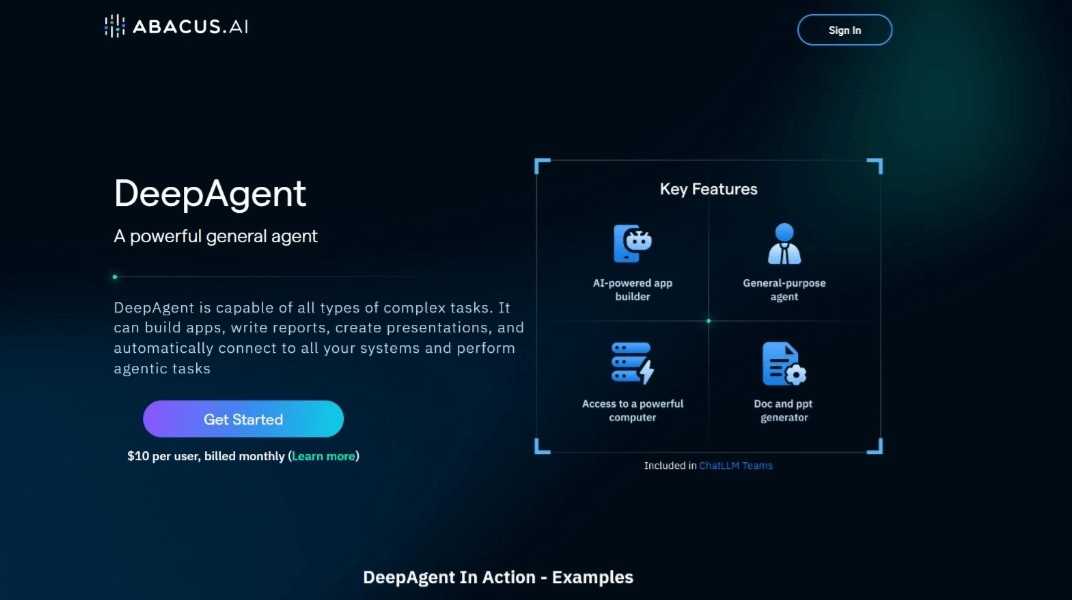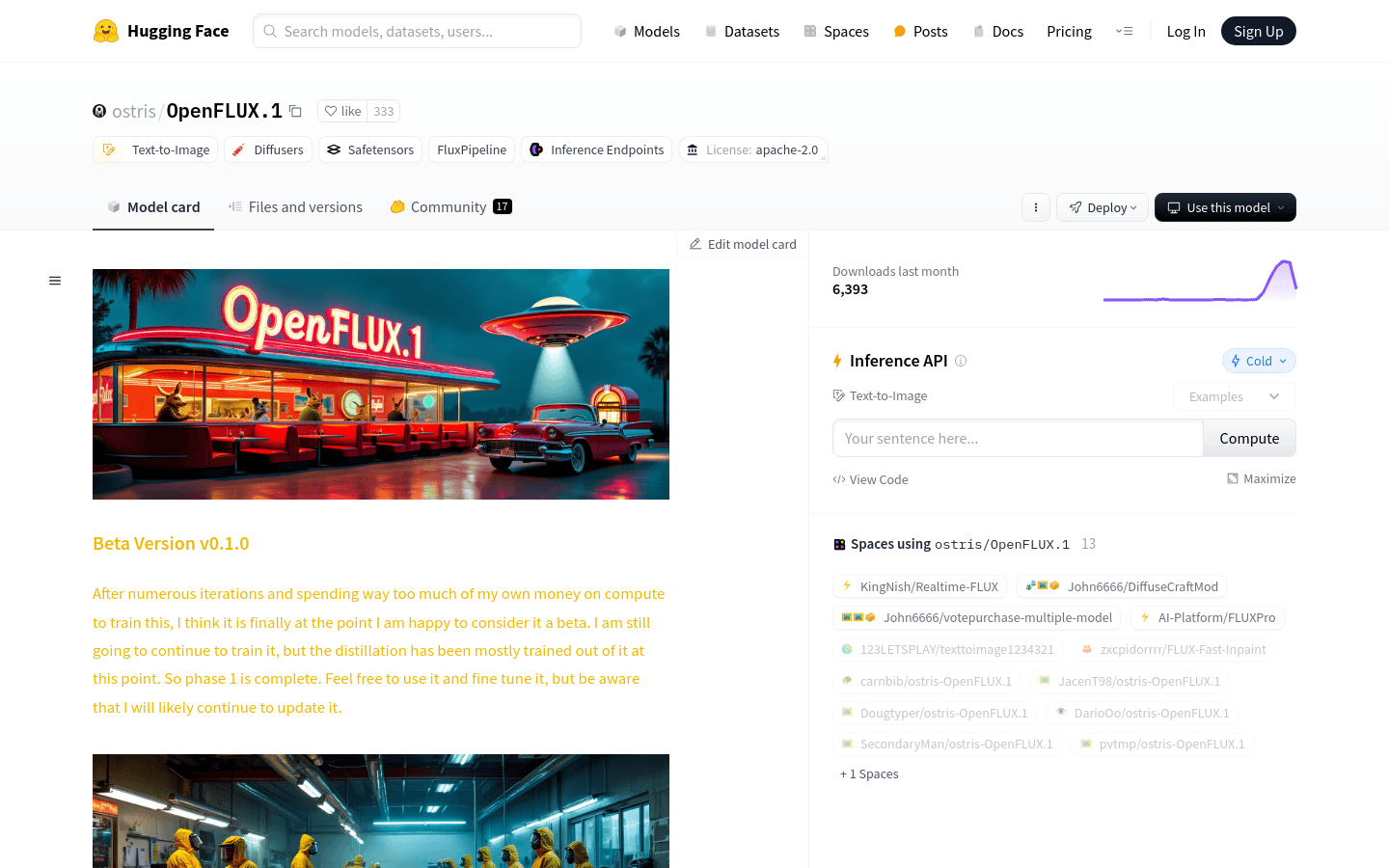
OpenFLUX.1 is a fine-tuned version based on the FLUX.1-Schnell model, removing the distillation process, making it fine-tunable, and has the open source, permissive license Apache 2.0. This model is capable of generating stunning images and does it in just 1-4 steps. It's an attempt to remove the distillation process and create an open source licensing model that can be fine-tuned.
Demand group:
"The target audience is researchers, developers and enthusiasts in the field of image generation, who need a model that can be freely fine-tuned to generate high-quality image content."
Example of usage scenario:
Images used to generate artwork
Generate images of game elements in game design
For educational purposes to demonstrate image generation techniques
Product features:
Supports text-to-image generation
Using classical conditional generation (CFG)
Requires a specific pipeline to operate
The model has been fine-tuned to remove the distillation process
Can be further fine-tuned to suit specific needs
Provides download and API interfaces
The model download volume is high and the community is active
Usage tutorial:
1. Visit the Hugging Face website and find the OpenFLUX.1 model.
2. Download the model file or use the Inference API for image generation.
3. If you need to fine-tune the model, prepare corresponding text prompts and computing resources.
4. Use the provided pipeline script open_flux_pipeline.py for image generation.
5. Adjust the CFG value to obtain the best generation effect, the recommended value is 3.5.
6. Fine-tune the model parameters as needed to suit the specific image generation task.
7. Utilize the generated images for further application development or research.
